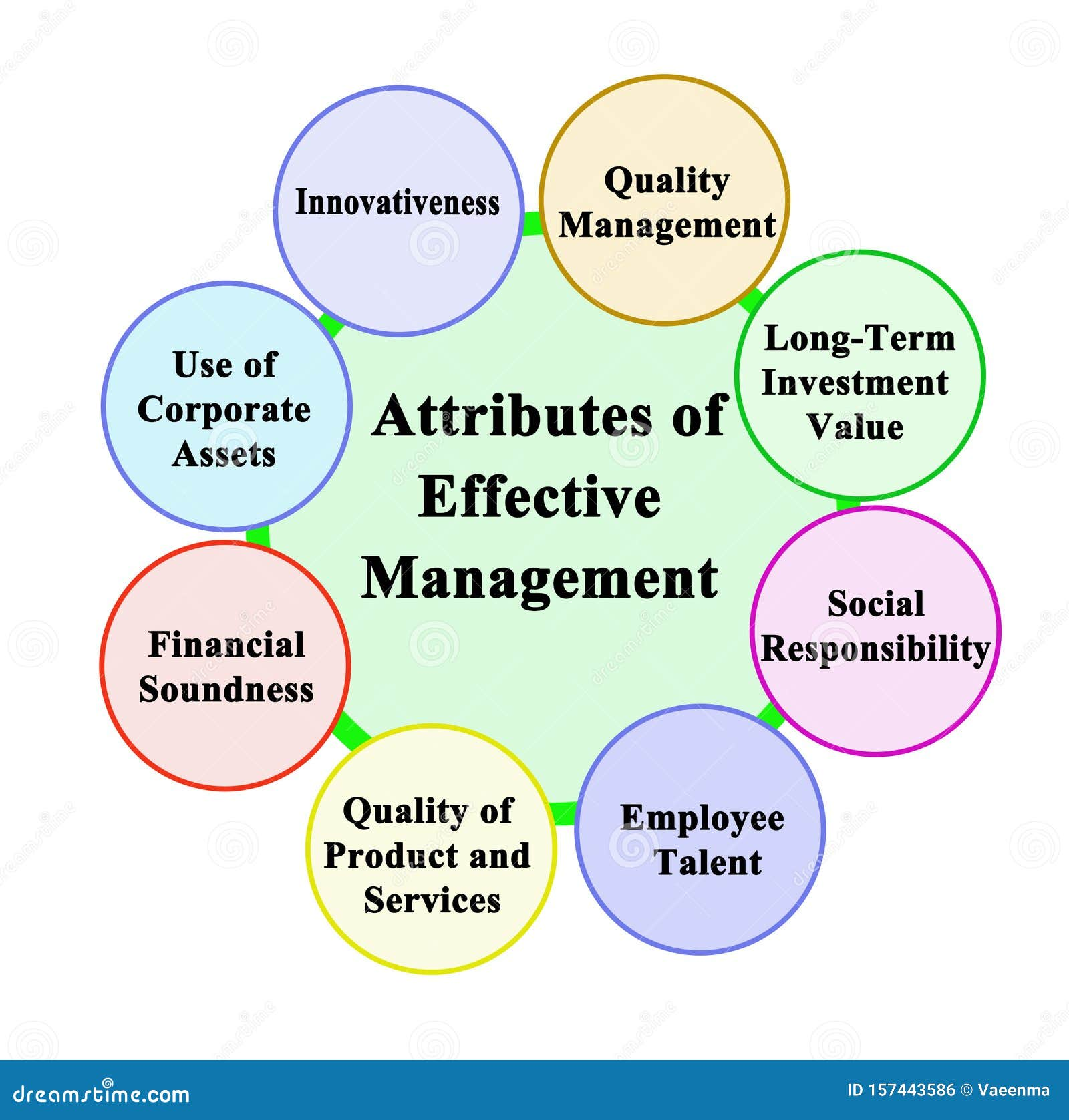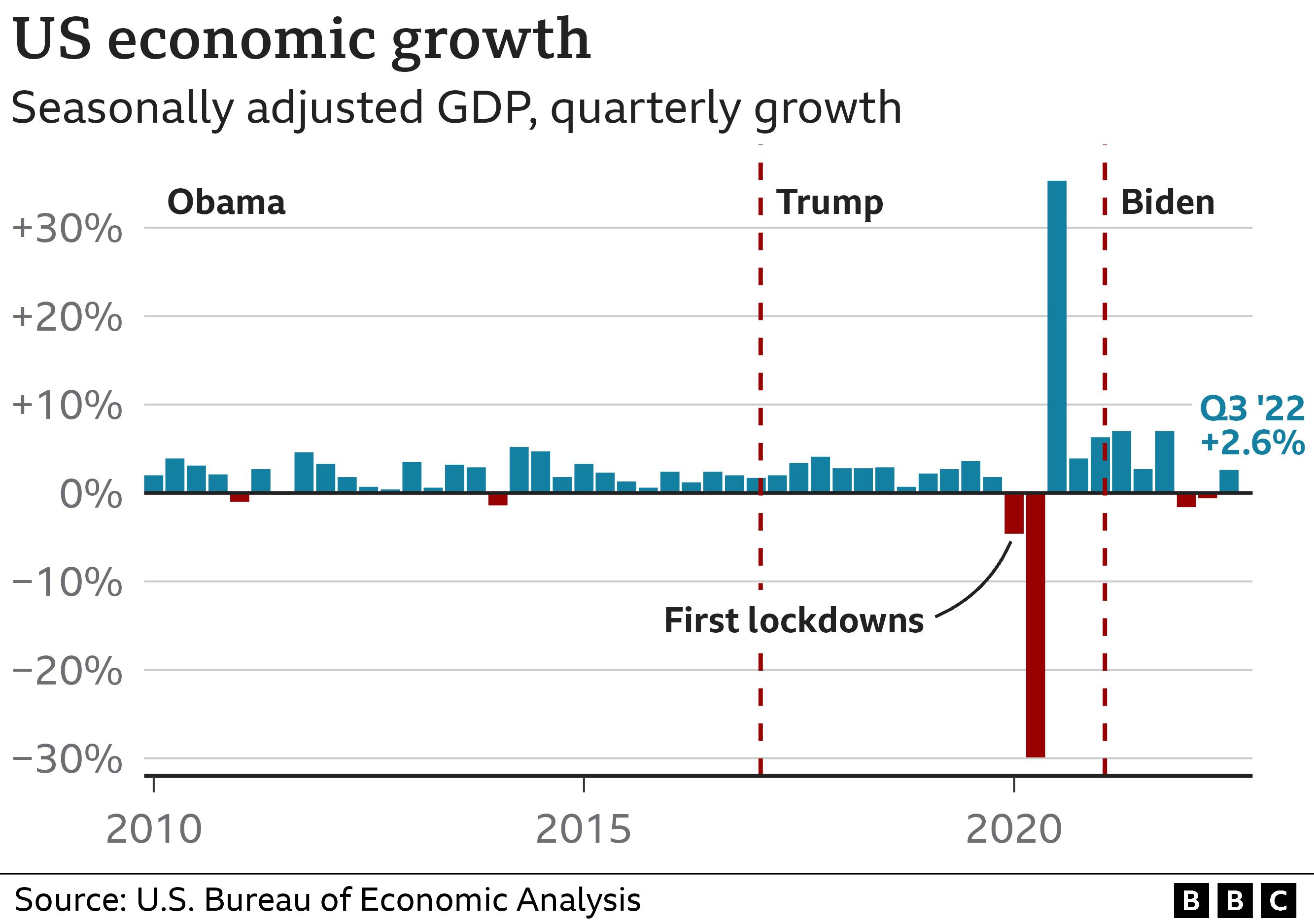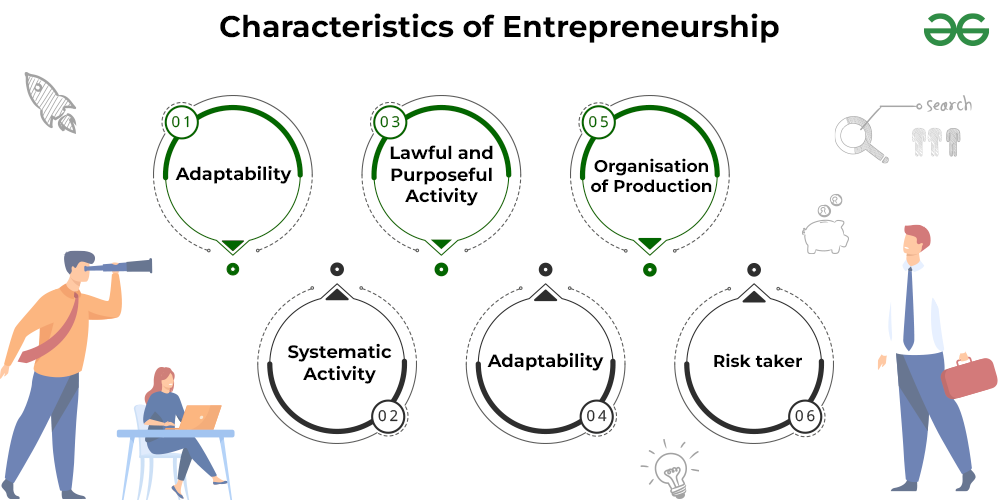Effective management is a crucial element in the success of any organization, setting the tone for leadership effectiveness across all levels. It encompasses a blend of critical predictive management skills which are essential for guiding teams towards achieving strategic goals. Understanding the importance of management goes beyond simply hiring based on experience or personality traits; it requires recognizing the specific qualities of good managers that drive performance. The ability to assess potential managers accurately and choose them wisely can significantly impact an organization’s productivity. Therefore, mastering the art of effective management is not just beneficial—it’s vital for sustainable success.
When we discuss the dynamics of being an effective leader, it becomes apparent that this role requires much more than mere authority; it demands a unique set of qualities that promote organizational alignment and team cohesion. Skills associated with visionary leadership, along with an ability to make informed decisions in resource allocation, are fundamental to fostering a high-performing environment. Particularly in today’s fast-paced economy, understanding the value of skilled management and incorporating strategic, analytical approaches in selecting leaders is essential. Good leadership can transform the way teams operate, ensuring that every member contributes to their maximum potential. Thus, recognizing and nurturing managerial talent remains a cornerstone for any thriving enterprise.
The Essential Qualities of Good Managers
Good managers embody a unique blend of qualities that are essential for effective leadership. One of the core qualities is emotional intelligence, which enables managers to understand and respond to the emotions of their team members. This ability fosters psychological safety, encouraging open communication and collaboration within the team. Additionally, strong analytical skills allow managers to assess situations critically and make informed decisions on resource allocation. They must also be adaptable, embracing various leadership styles to suit the diverse personalities within their teams. As such, having a holistic view that encompasses both interpersonal and technical skills is what sets good managers apart.
Furthermore, successful managers must have a strategic vision that aligns with the organization’s goals. They should be able to communicate this vision clearly to inspire their teams. This requires excellent communication skills, as managers need to articulate expectations, provide constructive feedback, and motivate employees towards achieving collective objectives. Research has shown that the effectiveness of management hinges on the combination of these qualities, reinforcing the idea that being a good manager is not solely about personal traits but also about how those traits are applied in the workplace.
Frequently Asked Questions
What are the key qualities of effective management?
Effective management is characterized by several key qualities, including strong interpersonal skills, analytical thinking, the ability to create psychological safety for team members, and excellent communication capabilities. Good managers can provide tailored feedback and possess strategic vision, which enables them to drive their team’s performance. These attributes are critical in navigating the complexities of modern organizational challenges.
How do predictive management skills influence leadership effectiveness?
Predictive management skills are essential for leadership effectiveness as they involve identifying potential outcomes and making informed decisions about resource allocation. Managers with strong predictive skills can analyze team dynamics and adjust strategies accordingly, ensuring optimal performance and better engagement among team members.
Why is understanding the importance of management crucial for organizations?
The importance of management lies in its ability to steer organizations through strategic challenges and dynamic environments. Effective management determines priorities, delegates tasks, and influences the overall motivation of the team, ultimately driving organizational success. Recognizing this importance helps companies invest in developing good managers who can navigate these complexities.
What should companies consider when choosing managers for leadership roles?
When choosing managers, organizations should prioritize predictive management skills and cognitive abilities, such as high IQ and decision-making capabilities, rather than relying on personality traits or prior experience. Implementing systematic evaluation methods can help identify individuals who possess the skills necessary for effective management in line with the organization’s goals.
How can the qualities of good managers impact team performance?
The qualities of good managers directly impact team performance by fostering an environment of trust and communication. Managers who exhibit strong leadership effectiveness can inspire and motivate their teams, establish clear objectives, and provide constructive feedback, ultimately improving overall productivity and job satisfaction within the team.
| Key Points | Details |
|---|---|
| Importance of Good Management | Effective management is crucial for navigating organizational challenges and achieving objectives. |
| Selection of Managers | Companies often select based on personality traits, age, or experience, which may not predict effectiveness. |
| Effective Qualities | Key qualities include interpersonal skills, analytical thinking, communication abilities, and strategic vision. |
| Predictors of Effectiveness | The two main predictors are IQ and economic-decision-making skill, not personality traits. |
| Desire vs. Ability | Desiring a leadership role does not guarantee effectiveness; those chosen at random often perform better. |
| Manager’s Impact | Good managers can significantly improve team performance and overall organizational success. |
| Research Contribution | The study emphasizes a scientific and analytical approach to identifying effective management skills. |
Summary
Effective management is essential for organizations to thrive in today’s complex landscape. As highlighted in recent research, merely appointing individuals based on their desire or past experiences may not yield the best outcomes. Instead, opting for a more analytical method in selection—focusing on genuine intelligence and decision-making skills—can bridge the gap between leadership aspirations and actual competency. This shift towards a data-driven approach will not only enhance the effectiveness of managers but can also lead to improved productivity across teams, ultimately driving organizational success.




